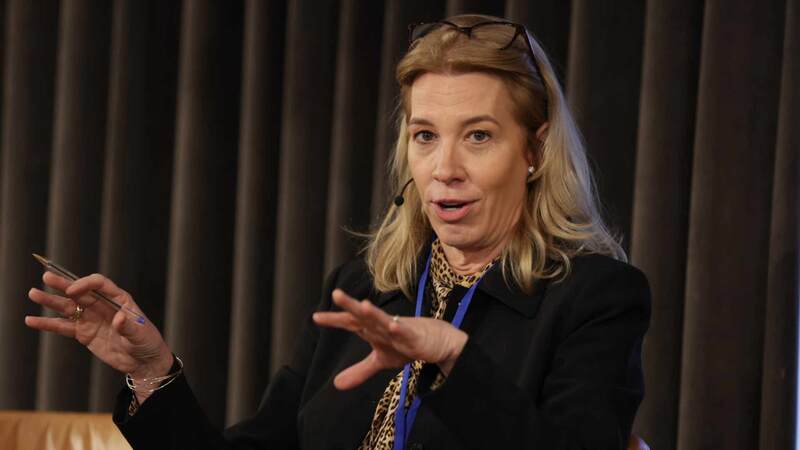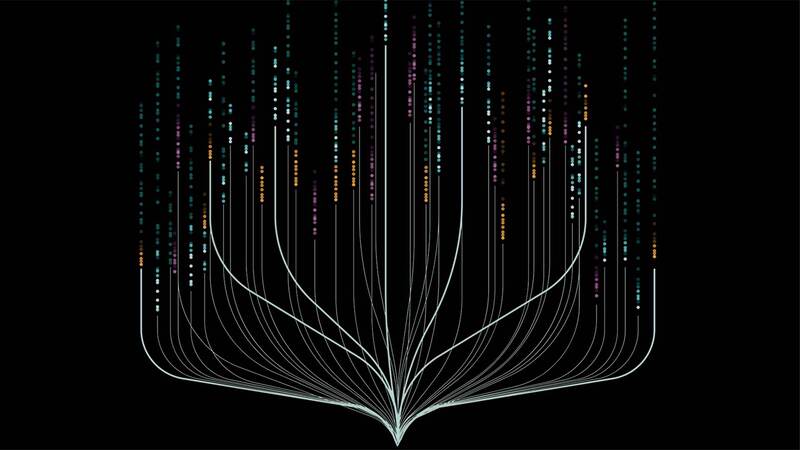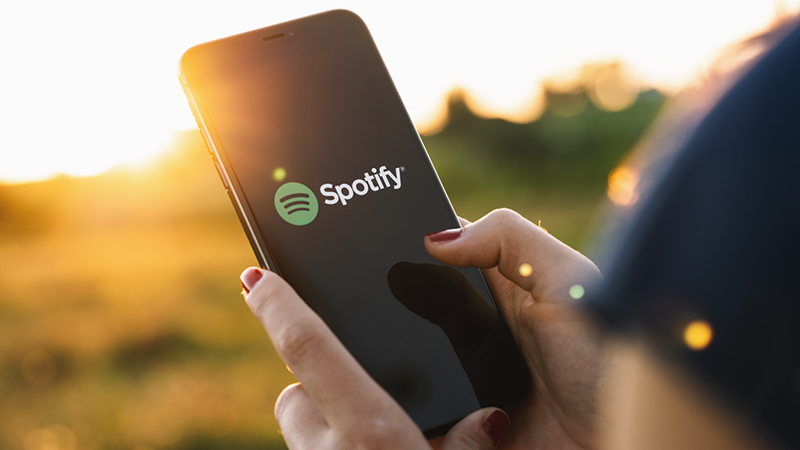You are viewing your 1 free article this month. Login to read more articles.
PA backs AAP as publishers file lawsuit against Internet Archive
The Publishers Association has expressed its support as member companies of the Association of American Publishers (AAP) filed a copyright infringement lawsuit against Internet Archive (IA), a self-described American digital library offering "universal access to all knowledge".
The PA said that, although the Internet Archive purports to be a library, "it is not and behind that guise it is facilitating the distribution of millions of pirated books without paying a penny to the authors and publishers who produce them".
The lawsuit against Internet Archive, for systematic mass scanning and distribution of literary works, was filed in the United States District Court for the Southern District of New York. Among the plaintiffs are Hachette Book Group, HarperCollins, John Wiley & Sons and Penguin Random House.
According to the AAP, Internet Archive has "brazenly reproduced some 1.3 million bootleg scans of print books, including recent works, commercial fiction and non-fiction, thrillers, and children’s books" and "despite the self-serving library branding of its operations, IA’s conduct bears little resemblance to the trusted role that thousands of American libraries play within their communities and as participants in the lawful copyright marketplace".
"IA scans books from cover to cover, posts complete digital files to its website, and solicits users to access them for free by signing up for Internet Archive accounts," the AAP claims. "The sheer scale of IA’s infringement described in the complaint—and its stated objective to enlarge its illegal trove with abandon—appear to make it one of the largest known book pirate sites in the world."
Maria Pallante, president and c.e.o. of the Association of American Publishers, commented: "Today’s complaint illustrates that Internet Archive is conducting and promoting copyright infringement on a massive scale. In scanning and distributing literary works to which it has no legal or contractual rights, IA deliberately misappropriates the intellectual and financial investments of authors and publishers and brazenly ignores the copyright law that Congress enacted.
"IA operates with profound disrespect for the value chain of copyright, in which authors, publishers, bookstores, platforms, educational institutions and libraries work together for the benefit of society, whether during prosperity or a pandemic. One need only look to the generous responses of these partners to the ongoing Covid-19 health and economic crises to appreciate their creative collaborations and shared commitment to connecting readers of all ages to a wonderful diversity of literature, scholarship, and learning solutions.
"Regrettably, it seems clear that Internet Archive intends to bludgeon the legal framework that governs copyright investments and transactions in the modern world. As the complaint outlines, by illegally copying and distributing online a stunning number of literary works each day, IA displays an abandon shared only by the world’s most egregious pirate sites."
In an open letter to the IA, the Authors Guild said: "You cloak your illegal scanning and distribution of books behind the pretense of magnanimously giving people access to them. But giving away what is not yours is simply stealing, and there is nothing magnanimous about that. Authors and publishers—the rights owners who legally can give their books away—are already working to provide electronic access to books to libraries and the people who need them. We do not need Internet Archive to give our works away for us."
Commenting on the latest developments, Stephen Lotinga, chief executive of the Publishers Association, said: "We stand fully in support of this action by the Association of American Publishers (AAP) which reflects the very significant concerns held by publishers and authors about this site.
"Internet Archive purports to be a library but it is not and behind that guise it is facilitating the distribution of millions of pirated books without paying a penny to the authors and publishers who produce them.
"We are living in unprecedented times, and that is why publishers have gone out of their way to make content accessible to those who need it, but there is no excuse for anyone to use the current crisis to infringe copyright in this way."



















